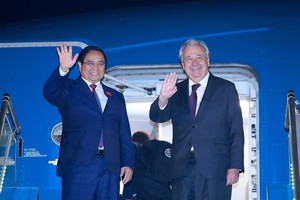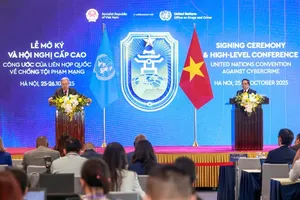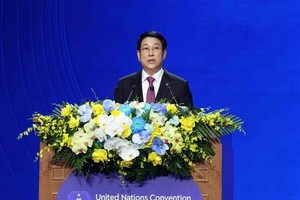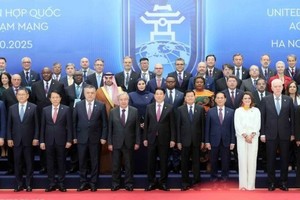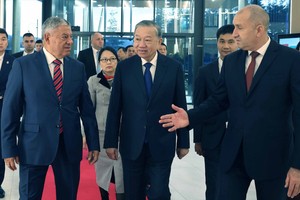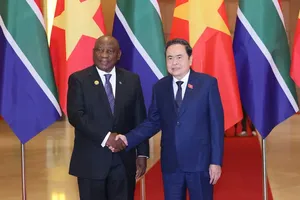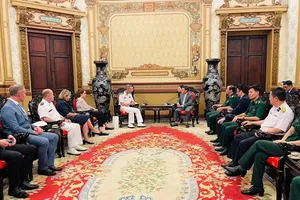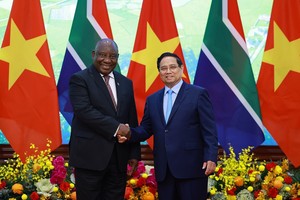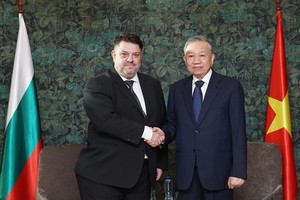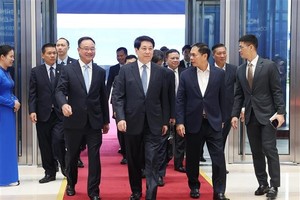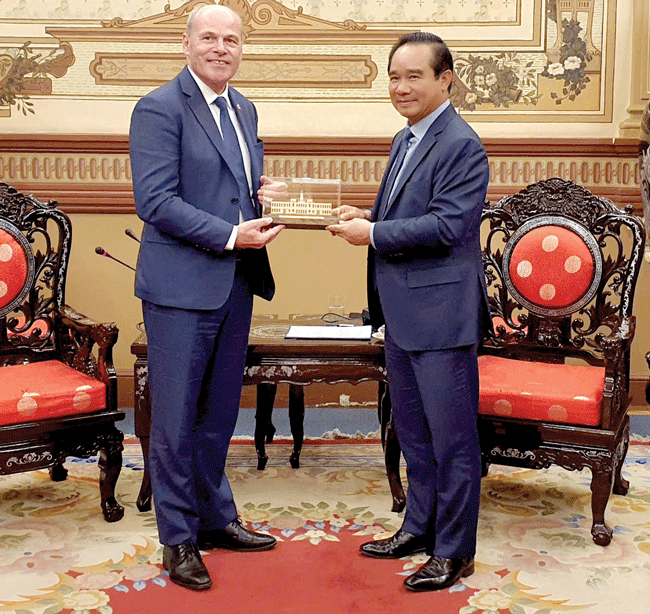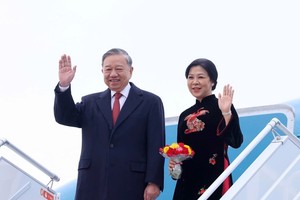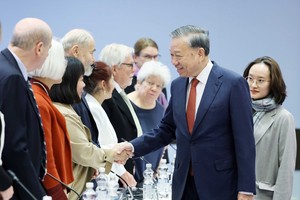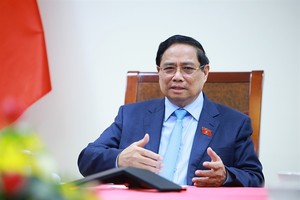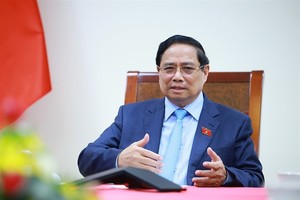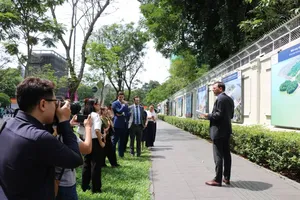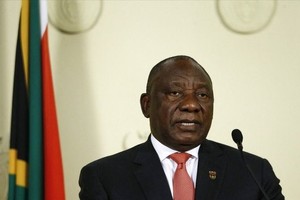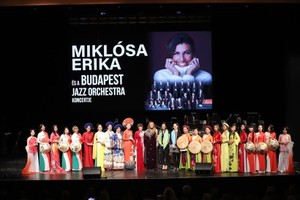Jewish groups and others are up at arms over an attempt to outlaw male circumcision in San Francisco by putting the issue to a popular vote.
Self-described "intactivist" Lloyd Schofield has been collecting signatures for a voter initiative that would criminalize infant circumcision in the Californian city.
After two months of collecting names, he claims to be more than half way toward getting the 7,168 signatures he needs by late April to put the matter on the November ballot.
Schofield and a growing community of anti-circumcision activists say that infants should not be forced to participate in what is essentially culturally accepted genital mutilation.
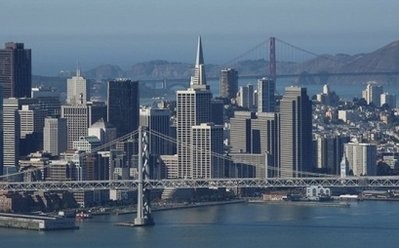
They claim that the procedure can cause health risks and diminished sexual function and compare it to the clitoridectomies performed on girls in parts of Africa.
"This is a human rights issue," he said. "What you're doing is you're taking an infant and removing the most sensitive part of their body."
Jewish organizations have pledged to fight the measure should it be placed on the ballot. Anti-Defamation League director Daniel Sandman called Schofield's effort discriminatory and misguided.
"This is hurtful and offensive to people in the community who consider this a coveted ritual," he said.
Abby Porth of the Jewish Community Relations Council charged Schofield with wasting city resources for an inappropriate political stunt that was unlikely to become law.
"This is one of the most fundamental practices to our tradition of over 3,000 years," she said. "It's symbolic of our covenant with God."
Porth said the Jewish community would form a coalition against the initiative with medical professionals and Muslims, who also practice circumcision.
"It's very similar to those of the Jewish faith," said Omar Nawaz of the Bay Area-based Zaytuna College, one of the nation's only Muslim colleges. "It's a religious tradition and it's important for us."
Both pro- and anti-circumcision advocates make health claims, but the medical research does not firmly support either position.
The American Academy of Pediatrics holds that there are both benefits and risks to infant circumcision, and recommends that parents make the choice for themselves.
Several other health bodies are reviewing the evidence on circumcision with an eye to new policy recommendations.
Circumcision rates among US male infants have dropped in recent decades, but more than half of newborns are still circumcised, according to the Center for Disease Control and Prevention.
If the ban is approved, those caught cutting the foreskins of infants and other minors would face up to a year in jail and up to $1,000 in fines.
The ban would certainly face legal challenges, and could be found in violation of the First Amendment right to Freedom of Religion.
However, it would not be subject to legislative amendment.
California's unique voter initiative system allows residents to place virtually anything on the ballot so long as they secure the requisite signatures.
Many of California's most controversial and restrictive policies have been passed this way, among them a drastic reduction in property taxes and a ban on gay marriage.
San Francisco resident Mark Reiss, who grew up in an Orthodox Jewish home, is among a vocal community of circumcised men who say they struggle with the emotional and physical effects of circumcision.
He runs a website that lists rabbis nationwide who will preside over a naming ritual similar to the one performed at Jewish circumcisions but with no cutting.
Schofeld said that the issue is not one of cultural practice, but of individual freedom.
"This is a painful and irreversible surgery," Schofield said. "It's a man's body. It's his right to choose and we're trying to preserve that choice."
